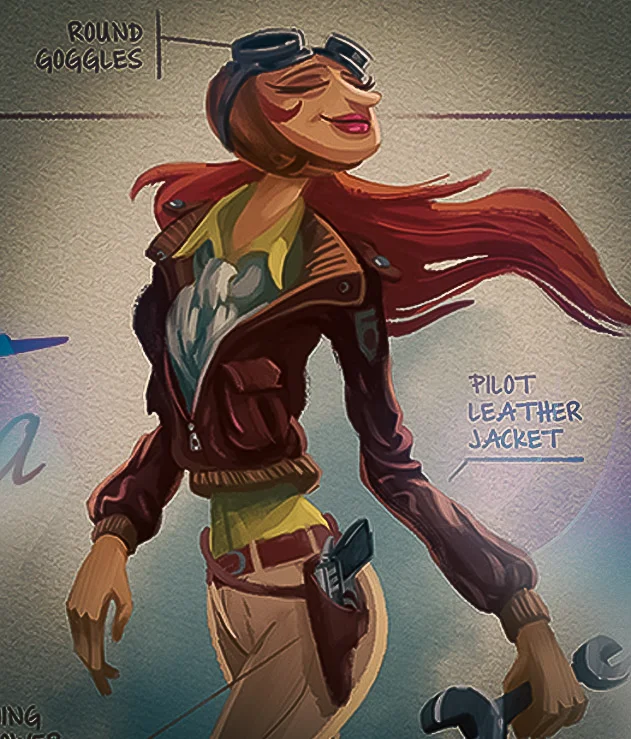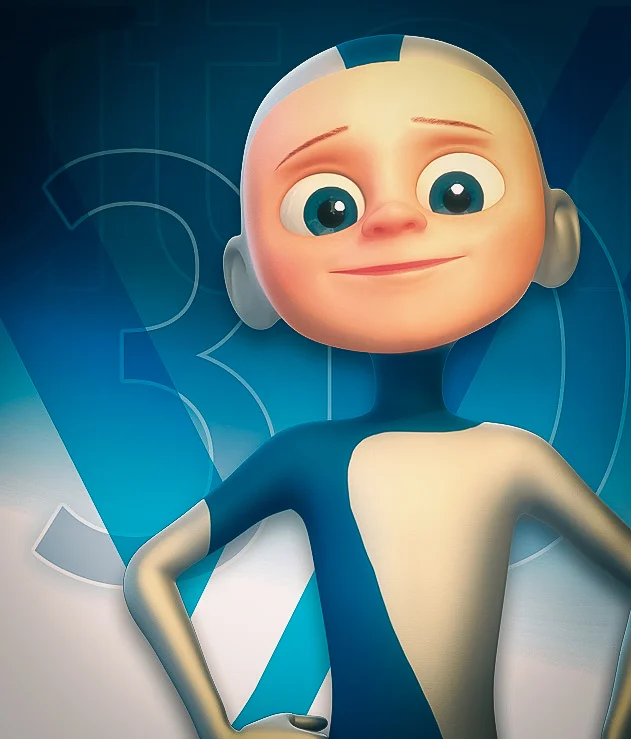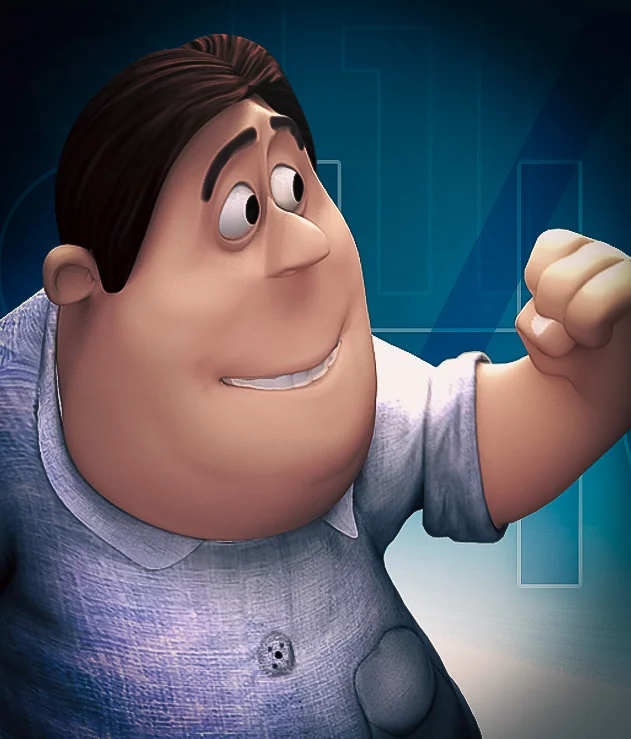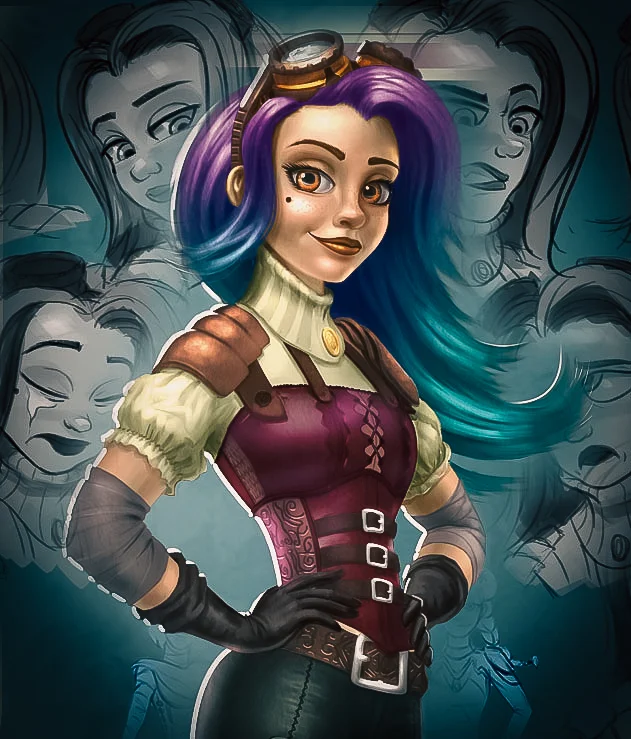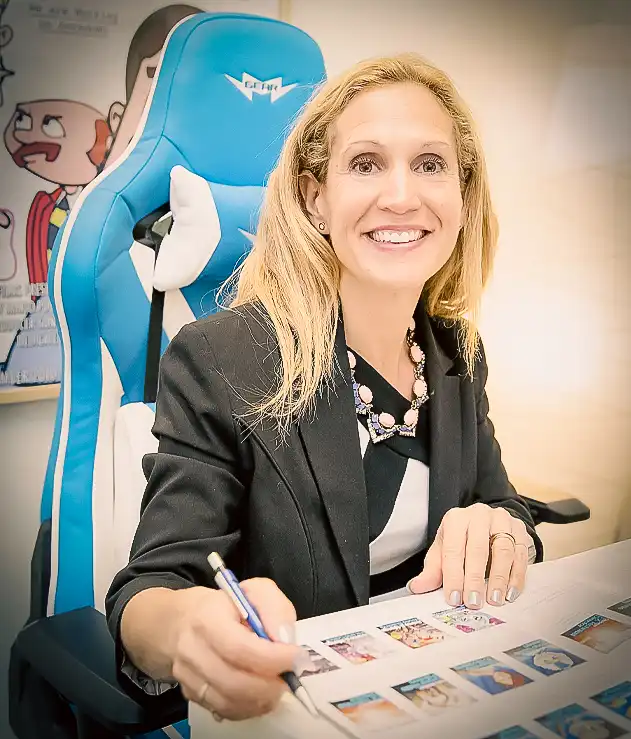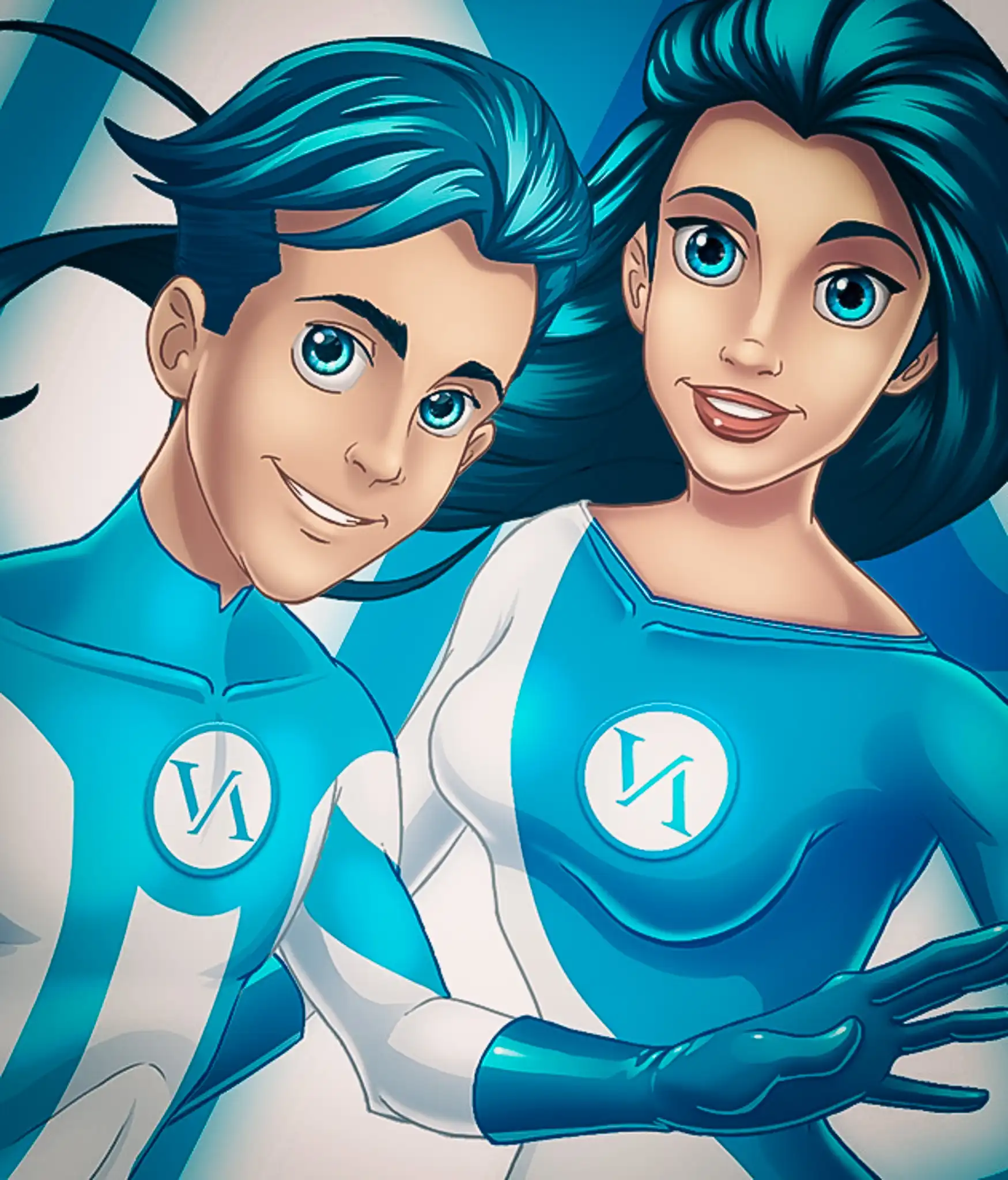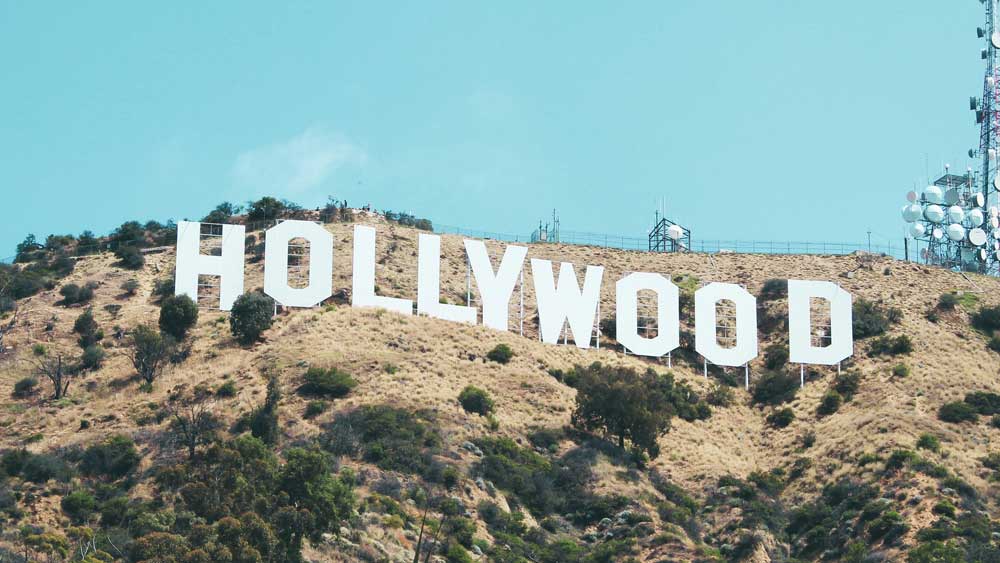
Photo by Nathan DeFiesta on Unsplash
Author: VANAS Team
How Hollywood Uses AI: The Future of Filmmaking
Table of Contents
- Introduction: AI Takes the Stage
- AI in Scriptwriting and Story Development
- Visual Effects and Animation: The AI Revolution
- Casting, Deepfakes, and Digital Doubles
- AI in Editing and Post-Production
- Personalized Marketing and Audience Insights
- Ethical Questions and the Human Touch
- The Future: Collaboration, Not Replacement
- Key Takeaways
1. Introduction: AI Takes the Stage
Hollywood has always been at the forefront of adopting new technology. From the first talkies to computer-generated imagery (CGI), the film industry thrives on innovation. Now, artificial intelligence (AI) is the latest tool transforming how movies are made, marketed, and experienced. But how exactly is AI changing Hollywood? Let’s take a behind-the-scenes look.
2. AI in Scriptwriting and Story Development
Imagine a computer helping you write the next blockbuster. That’s not science fiction anymore. Studios and writers are using AI-powered tools to:
- Analyze scripts: AI can read thousands of scripts, identifying what makes a story successful. It can suggest plot twists, pacing changes, or even flag clichés.
- Generate ideas: Some tools, like OpenAI’s GPT models, can generate dialogue, character backstories, or even entire scenes based on a prompt.
- Predict audience reactions: By analyzing past box office data and social media trends, AI can estimate how well a script might perform.
For example, Warner Bros. partnered with Cinelytic, an AI-driven platform, to help greenlight projects by predicting their financial success. While AI won’t replace human creativity, it’s becoming a powerful assistant in the writer’s room.
3. Visual Effects and Animation: The AI Revolution
Visual effects (VFX) are where AI truly shines. Creating realistic explosions, creatures, or de-aging actors used to take months. Now, AI speeds up the process:
- Deep learning for animation: AI can analyze real actors’ movements and transfer them to digital characters, making animation more lifelike.
- De-aging and face replacement: Remember seeing a young Luke Skywalker in “The Mandalorian”? AI-powered deepfake technology made it possible, blending old footage with new performances.
- Automated rotoscoping: Separating actors from backgrounds (a tedious VFX task) can now be done in hours instead of days, thanks to AI.
Studios like Disney and Marvel use AI to enhance everything from crowd scenes to subtle facial expressions, making the impossible look real.
4. Casting, Deepfakes, and Digital Doubles
AI is also changing how actors are cast and even how they appear on screen:
- Virtual casting: AI can analyze thousands of audition tapes, matching actors to roles based on voice, appearance, and even emotional range.
- Digital doubles: If an actor can’t be on set, AI can create a digital version, using previous footage and voice samples. This was famously used to complete “Fast & Furious 7” after Paul Walker’s passing.
- Deepfakes: While controversial, deepfake technology allows filmmakers to swap faces or voices, opening new creative possibilities (and ethical debates).
These tools save time and money, but they also raise questions about authenticity and consent.
5. AI in Editing and Post-Production
Editing is another area where AI is making waves:
- Automated editing: AI can sort through hours of footage, selecting the best takes based on facial expressions, lighting, or even emotional tone.
- Color correction: AI tools can match the color and lighting of different shots, creating a seamless look.
- Sound design: AI can clean up audio, remove background noise, or even generate sound effects.
Netflix uses AI to create multiple versions of trailers, each tailored to different audiences. Editors still make the final call, but AI handles the heavy lifting.
6. Personalized Marketing and Audience Insights
Getting people to watch a movie is half the battle. AI helps studios:
- Target the right audience: By analyzing social media, search trends, and viewing habits, AI can predict who will love a film—and how to reach them.
- Create personalized trailers: AI can generate different trailers for different demographics, highlighting romance for one group and action for another.
- Optimize release dates: AI models can suggest the best time to release a film for maximum impact.
This data-driven approach means movies are marketed smarter, not just louder.
7. Ethical Questions and the Human Touch
With great power comes great responsibility. AI in Hollywood raises important questions:
- Who owns a digital performance? If an actor’s face or voice is recreated by AI, who gets paid?
- Can AI replace human jobs? While AI automates some tasks, it also creates new roles for artists, engineers, and ethicists.
- Deepfakes and misinformation: The same technology that creates movie magic can also be used to spread fake news or manipulate reality.
Hollywood is still figuring out the rules, but most agree: AI should enhance, not replace, human creativity.
8. The Future: Collaboration, Not Replacement
So, will robots direct the next Oscar winner? Probably not. The best films come from a blend of technology and human imagination. AI is a tool—like a camera or a paintbrush. It helps filmmakers tell stories faster, smarter, and sometimes in ways we never imagined.
As AI gets better, expect even more mind-blowing effects, smarter scripts, and movies that feel tailor-made for you. But the heart of Hollywood—the passion, the vision, the storytelling—will always be human.
9. Key Takeaways
- AI is everywhere in Hollywood: From writing scripts to creating visual effects and marketing movies.
- It’s a tool, not a replacement: AI helps artists and filmmakers, but creativity remains human.
- Ethics matter: As AI gets more powerful, Hollywood must balance innovation with responsibility.
- The future is bright: Expect more amazing movies, smarter marketing, and new ways to experience stories.
VANAS Online Animation School offers Animation, Visual Effects, and Video Game programs. To launch your career, visit https://www.vanas.ca

